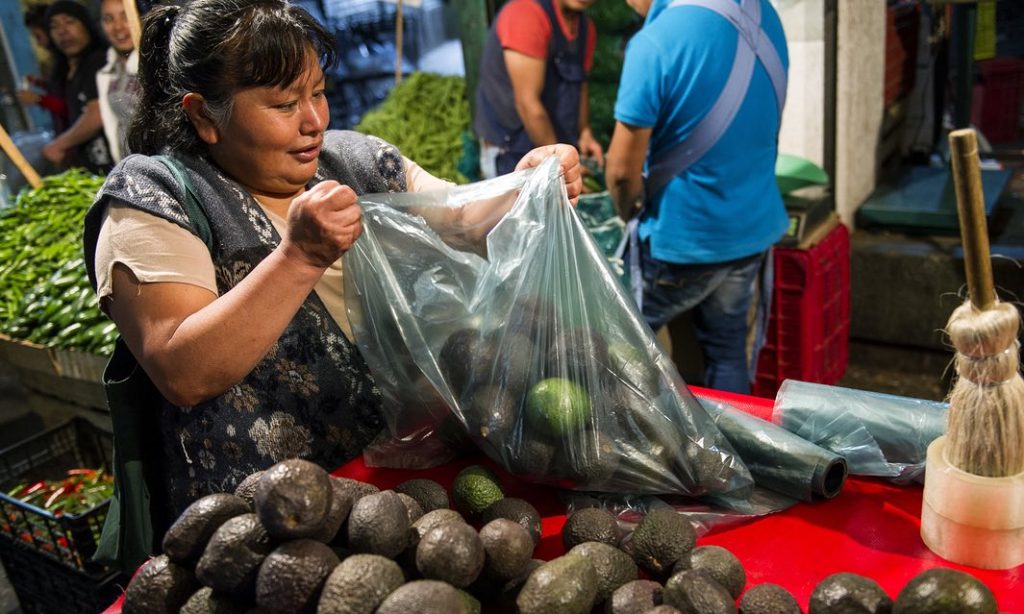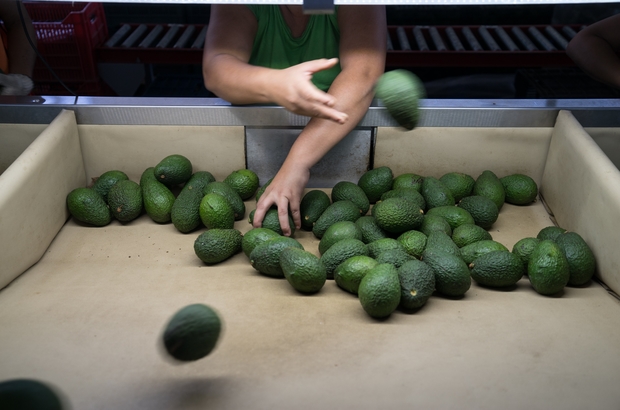LUCY HART investigates the dirty truth behind our beloved avocado toast.
Bright green, incredibly photogenic, and a well-loved ‘superfood’, avocados were considered the brunch highlight of 2016. Avocados are delicious, I am the first to admit, but our obsession with them is inadvertently fuelling Mexican drug cartels. Considering avocados as the bacon of the healthy eating movement brings out their ironic resonance with beef’s environmental impact: to grow a pound of avocados requires an astonishing 72 gallons of water. These subjects need to be given more attention at the breakfast table.
The internet spiralled into a flurry of panic last year after Chipotle suggested the increasing cost of avocados may cause a hold in guacamole production, aka the ‘guacapocalypse’. To meet constant demand, Mexican farmers are illegally eradicating huge pine forests in order to grow the much more lucrative avocado: on 31st July last year, the Morelia police seized two avocado plants and two associated vehicles, ejecting 13 illegal avocado farmers from their 4.7-hectare plot. Instagrammers may be relieved that the problematically termed ‘guacapocalypse’ has been held at bay, but at what cost?
Michoacán, the avocado capital of Mexico, is controlled by drug cartel Caballeros Templarios. They manage all the avocado growth and export, and those who don’t co-operate are often heedlessly murdered, something that is generally ignored (if not directly championed) by the corrupt local government and police force.
These tragedies echo Antony Wild’s Black Gold, which details the abuses of the international coffee trade. His book was a vital reminder for Starbucks and the plethora of tax avoiding conglomerates to wise up to fair trade. We need to do the same with avocados.

Mario Tapia Vargas, a researcher at Mexico’s National Institute for Forestry, Farming and Fisheries Research, gives us shocking and scientifically accurate dirty truth: a mature avocado uses twice as much water as a fairly dense forest. This is because water flows are diverted from the mountain streams, on which the ecological well-being of the region depends, to run directly towards avocado farms.
Between 2001 and 2010 avocado production tripled, while aquifers in Mexico were drained faster than they were replenished. Mexico’s National Institute for Forestry, Agriculture and Livestock (INIFAP) claims that 690 hectares of forest are being lost annually to make way for more farmland – particularly following the avocado boom of 2014. As we wave goodbye to the abundant natural forest land, we also bid farewell to half of the region’s wildlife.
We are never going to be able to track the trajectory of foreign-grown fruit with perfect confidence. But eating any avocado that is not explicitly marked as Fairtrade will fuel the death and exploitation that the avocado trail leaves in its wake: if you can stomach the knowledge of low-paid workers labouring for this green gold, then bon appétit.
So, have your avocado and eat it, but consider the sustainability of the product. Buy from ethical producers. Read the label. Spend an extra 50p on a Fairtrade avocado. Think twice about your consumption of supposedly ‘green’ products, try to buy local, buy in season—and never ever say no to a good ethically sourced avocado.
Featured image courtesy of time.com





